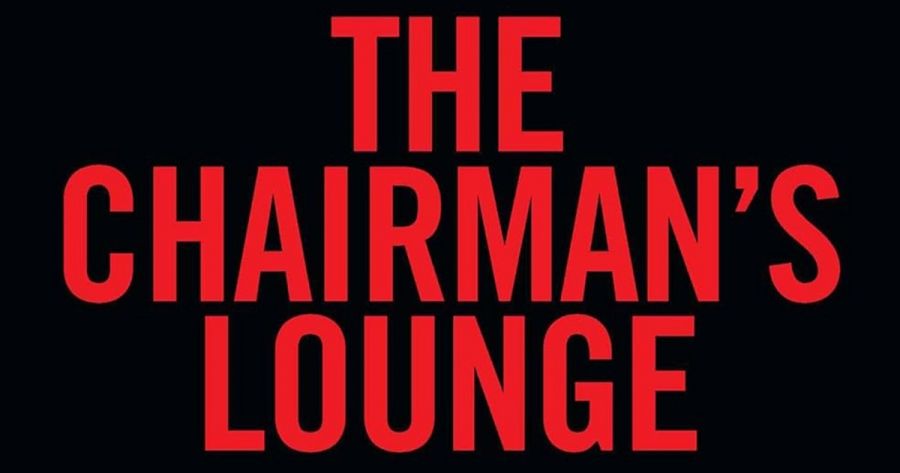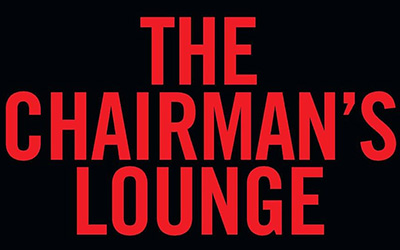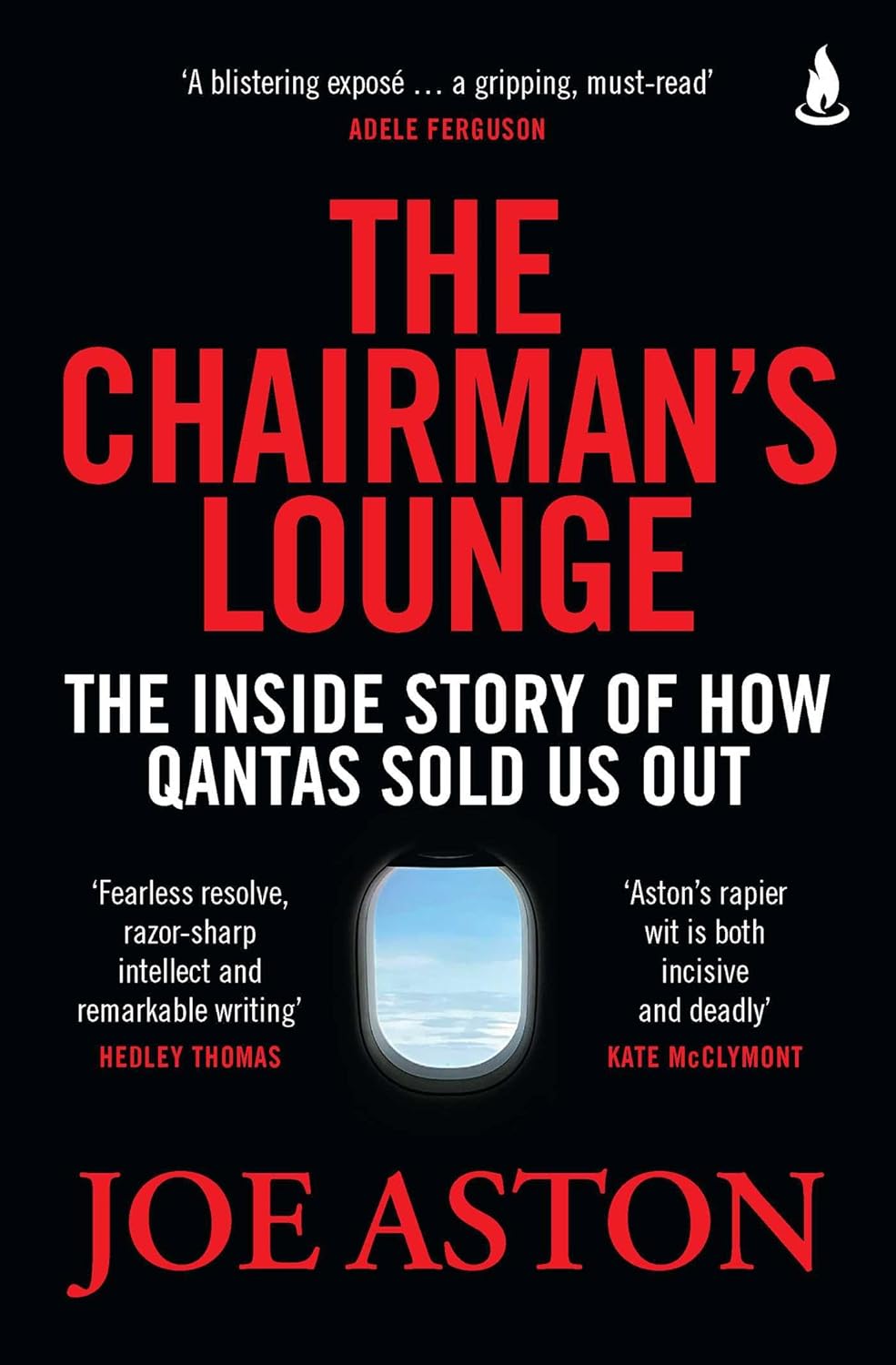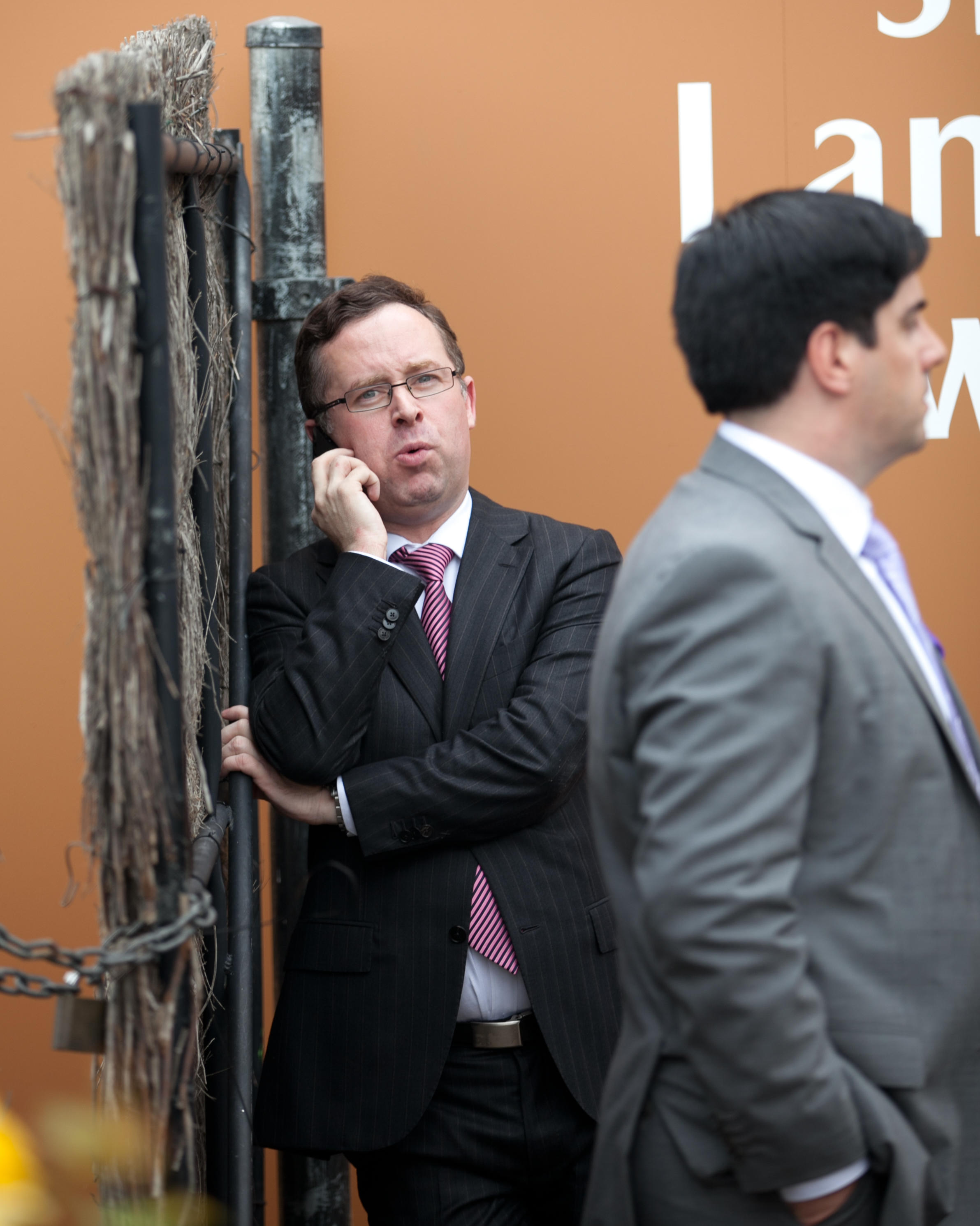
- Free Article: No
- Contents Category: Business
- Review Article: Yes
- Article Title: Beyond the pale
- Article Subtitle: A sordid tale of influence and privilege
- Online Only: No
- Custom Highlight Text:
Joe Aston’s book persuasively outlines the reasons under-pinning the reputational downfall of Qantas, a once highly respected Australian company. In this engaging book, Aston lays bare the way in which greed and distorted loyalties influenced boardroom and top management decisions to the detriment of the travelling public. It should be compulsory reading for all boards, CEOs, politicians, and senior bureaucrats, for it helps to explain the growing lack of trust in senior business figures, politicians, public servants, and the heads of independent integrity-related agencies. The Chairman’s Lounge also details the public’s disdain for those who are paid exorbitant sums of money and extravagant bonuses to run big businesses in this country – Qantas in particular.
- Featured Image (400px * 250px):

- Alt Tag (Featured Image): Colleen Lewis reviews ‘The Chairman’s Lounge: The inside story of how Qantas sold us out’ by Joe Aston
- Book 1 Title: The Chairman’s Lounge
- Book 1 Subtitle: The inside story of how Qantas sold us out
- Book 1 Biblio: Scribner $36.99 pb, 351 pp
- Book 1 Cover Small (400 x 600):

- Book 1 Cover (800 x 1200):

- Book 1 Readings Link: https://www.readings.com.au/product/9781761429767/the-chairmans-lounge--joe-aston--2024--9781761429767#rac:jokjjzr6ly9m
The book opens with a ‘Disclosure’ from Aston. In the early years of his career as a journalist, he accepted upgrades from a range of airlines, including Qantas and Jetstar – though none, he hastens to add, in the past five years. The author acknowledges that he is a member of Virgin Australia’s ‘invite-only lounge’, Beyond. These admissions are not only crucial to Aston’s credibility; they also help to explain the lure of upgrades and privileged lounges, and highlight why particular certain professionals, including journalists, are targeted by various airlines.
The book also contains a short ‘Statement’ from Alan Joyce, who was CEO of Qantas from 2008 to 2023. Aston sought to interview Joyce; not surprisingly perhaps, Joyce declined. When he was a journalist at The Australian Financial Review, Aston wrote many strident articles about Joyce and aspects of the Qantas way of doing business under his leadership. Joyce offered to submit a written statement for inclusion in the book, providing it was published in full. Aston agreed.
 Alan Joyce, 2012 (Down Under Digital/Alamy)
Alan Joyce, 2012 (Down Under Digital/Alamy)
In the opening sentence of his statement, Joyce claims that he ‘retired from the Qantas Group at the end of 2023 on good terms’. This telling opening line does not specify with whom Joyce enjoyed those good terms. As the book explains, it was certainly not with Qantas customers. It made me think that Joyce does not understand or is not willing to admit his role in the widespread lack of trust in Qantas and why the public no longer holds it in high regard. Covid-19 does not explain this phenomenon fully. It goes deeper than the challenges all Australians and the majority of businesses faced during the global pandemic.
Throughout the book, Aston focuses predominantly on the last four years of Alan Joyce’s tenure as CEO and, to a lesser extent, on Richard Goyder’s role as chairman of the Qantas board (2018-24). It also illustrates what Aston suggests was too close a relationship between Anthony Albanese and Joyce, stretching back to the time when Albanese was shadow transport minister and transport minister.
Aston questions the competency of the current transport minister, Katherine King, in addressing the country’s aviation policy, which, as he convincingly argues, privileges Qantas and Jetstar at the expense of Australian travellers. Aston questions whether Australians were denied the opportunity to pay less for international travel by the government’s decision to reject Qatar’s bid to increase the number of flights in and out of Australia.
The author’s hypothesis about Qantas’s misuse of power in the aviation industry becomes increasingly plausible throughout the book. By the time I finished reading the final chapter, I was convinced that the travelling public’s anger at many unconscionable and possibly illegal actions by Qantas was totally justified. I am somewhat surprised at the restrained nature of that anger and even more surprised that the former CEO and the Qantas board presumably thought they had made rational decisions when they sacked 1,700 workers and granted themselves extravagant remuneration packages. The courts and customers think otherwise.
The book’s title is the specific focus of only two of its chapters, but the controversial import of access to the titular lounge – arguably one of the most élite clubs in Australia – permeates the book. At times I wondered if Aston was becoming obsessed by the conduct of Joyce, by his relationship with Albanese, and by what Aston regards as the inability of Goyder and the Qantas board to call Joyce to account for his inexcusable decisions, which, over a lengthy period of time, placed shareholders’ interests and Joyce’s own interests above those of Qantas customers.
The very existence of the Chairman’s Lounge and the exclusive power Qantas wields over access to it has been revealed in a way that was previously unknown to the general public. That parliamentarians willingly, even gleefully, accept membership raises several questions. Why did members of the ALP – supposedly the party of the working class – and independent members who campaigned strongly on integrity-related issues at the last federal election accept Qantas’s invitation to take up temporary membership of this exclusive club? Did they not see the subtle and not so subtle exercise of commercial power that arguably underpins these invitations? Why didn’t members of the Liberal and National Party and minor parties not think the same? Some independents have returned their membership, and a few members of parliament declined the initial invitation, but if trust in the political class and senior public servants is to be restored, is it not incumbent on all members of parliament and public servants to relinquish their membership?
While these questions are not the primary focus of the book, it is Aston’s detailed account of Qantas’s power, its concomitant cultivation of relationships, and the way in which it bestows largesse on decision-makers that was uppermost in my thoughts as I finished reading this engrossing story. Aston’s revelations are enlightening. As a journalist, he writes in a straightforward manner. It is regrettable that the publisher did not include an index.
I recommend reading the book if you want to be better informed about the grave decline in Qantas’s reputation and its unique influence on Australian aviation policy.


Comments powered by CComment